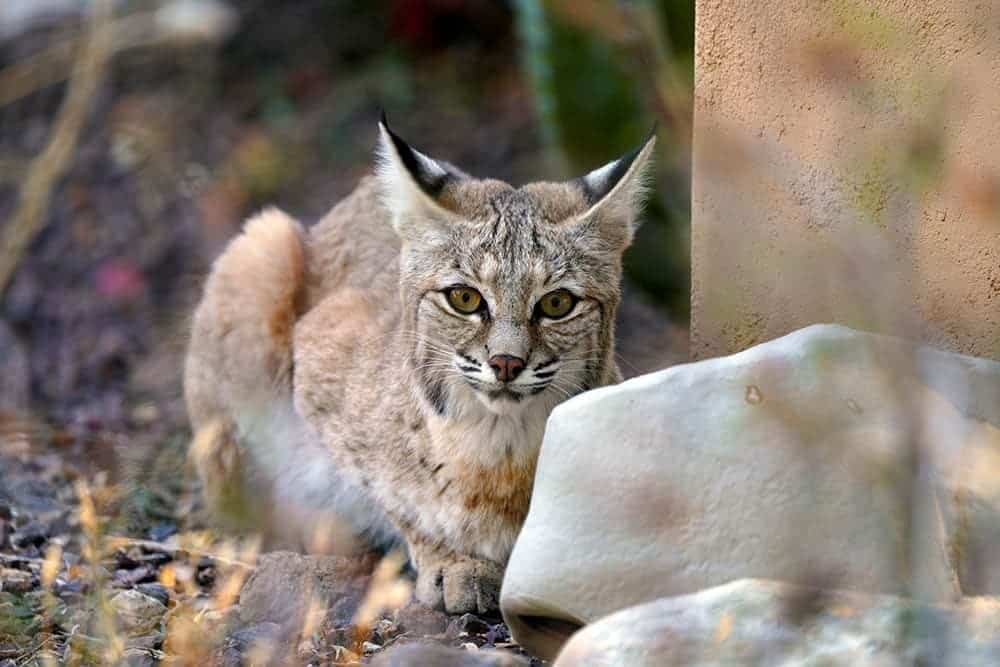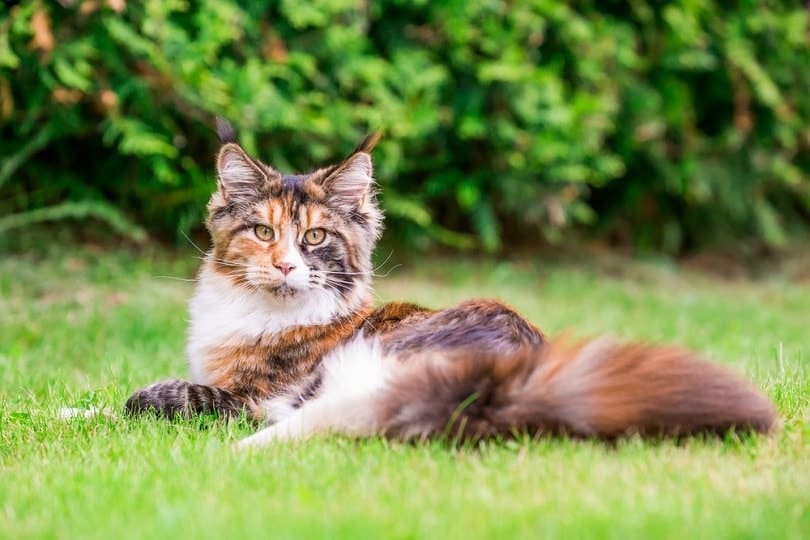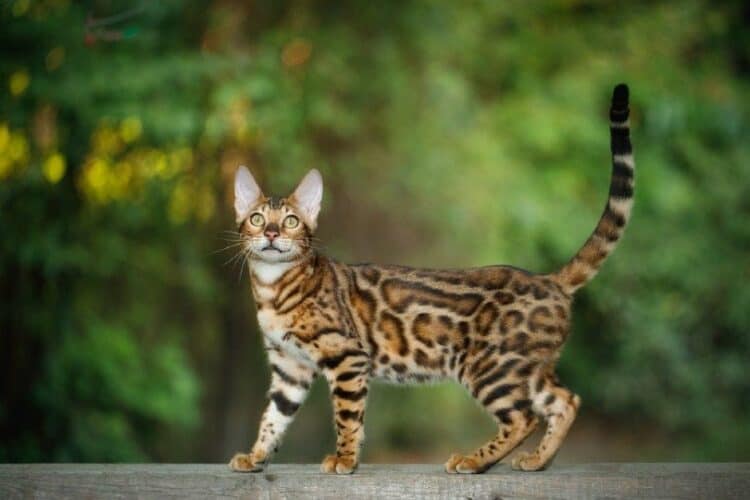Domestic cats have a strong motivation to hunt, and even though they are loveable and affectionate pets, they are highly skilled predators.
Domestic cats descended from the North African wild cat and share several of their characteristics. They are hard-wired to hunt, and even though they have been domesticated for many years, they still have that hunting instinct.
But are cats apex predators? The interesting answer is yes. They are apex predators in their respective environments, just like lions and jaguars are in the wild. There is no animal that is out looking to feast on a domestic cat, but they can still be killed If they find themselves in the wrong place at the wrong time. Cats are predators and prey but can be considered apex predators because they do not rely on humans for survival. If humans disappeared from the planet, our cats would continue to survive very easily on their own.
What Is an Apex Predator?
An apex predator is an animal at the top of the food chain and is not threatened by natural predators. The lion is an apex predator, and our feline friends are descendants of these carnivorous and majestic cats.

Why Do Domestic Cats Hunt?
A domestic cat is a predatory species. Much like their ancestors, they are solitary hunters. They were originally wild cats that showed up on early farming settlements to hunt for mice, and they were kept mainly for pest control rather than companions. Before they were domesticated, they had to hunt for themselves and provide their own food, and only the best hunters would survive. This means that our feline friends descend from the most proficient hunters.
Domestic Cats as Predators
Domestic cats are highly evolved hunters and can hunt as effectively as wild predators. Their whole bodies are made for hunting, and their senses are highly developed. They can squeeze into small spaces by narrowing their shoulders and chest and can reach speeds of up to 20-30mph by lengthening their spines.
They are high jumpers, reaching as much as nine times their height, and almost always land on their feet. These stealthy felines have a great sense of hearing, and their padded paws and patterned fur allow them to hide in low and dense growth. If cats didn’t have these natural instincts, they would starve to death in a natural environment.
Cats are better hunters in open spaces and are said to capture at least 70% of their prey. This is far more successful than a wild cat, such as a tiger, that only manages to catch its prey one time out of twenty attempts. This hunting success makes cats one of the most effective hunters. They are responsible for killing billions of creatures, such as birds, lizards, mice, rabbits, and squirrels, to name a few.
Cats don’t hunt to kill, or because they are hungry, they simply do it because it is instinctual for them.
Cats as Prey
Your cat can be injured or killed by opportunistic predators like coyotes, raccoons, and birds of prey. While they usually hunt small creatures like rodents and rabbits, they could attack your pet if other resources are limited. Some dogs also have a high prey drive, and if your cat is in the wrong place at the wrong time, it could be attacked by a stray dog.

A Cat’s Role in the Ecosystem
While cats are often the top predators in their environment, some of their prey are also predators. They fall lower on the food chain, making them mesopredators.
Removing cats from the ecosystem can destabilize the prey and predator relationship. Rat and mouse populations could spike, and if the rabbit population spikes, it could disrupt the local vegetation.
Removing cats will not save wildlife. They play an essential part in maintaining the ecological balance.
Final Thoughts
Domestic cats are one of the world’s most effective hunters. It may be hard to believe that the adorable felines are deadly predators, but they are hard-wired to hunt. There is an element of wildcat in our feline companions, and we should honor that side of them. While they can also fall victim to predators, this is usually opportunistic, and a lot of the time, their fast and stealthy bodies can get them out of trouble. There is no predator intentionally looking for a cat for its next meal, but a cat hunts with intention and is very successful at it, making it an apex predator in its respective environment.
- See Also: Black (Melanistic) Bengal Cat
Featured Image Credit: Shutterstock
















